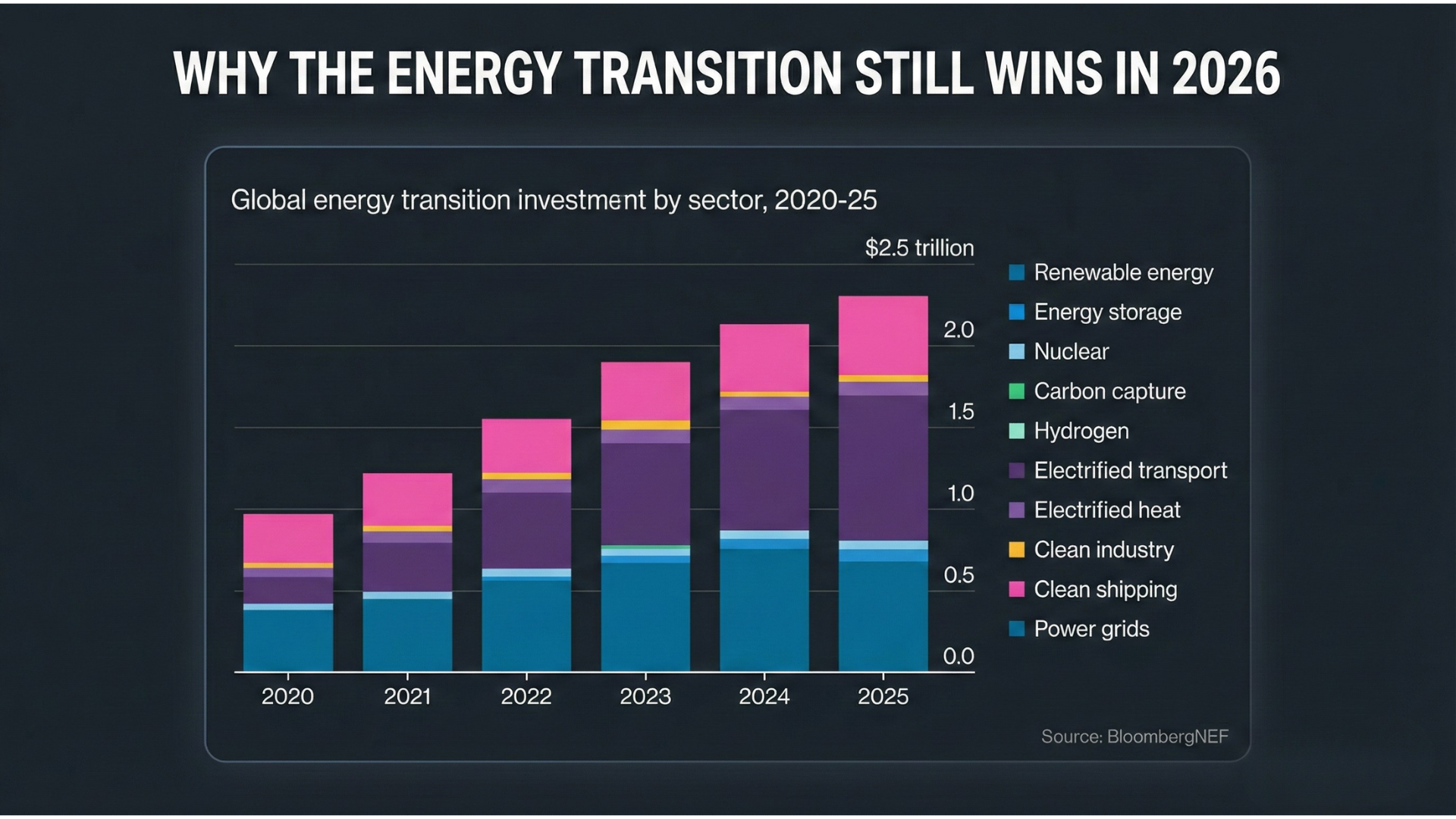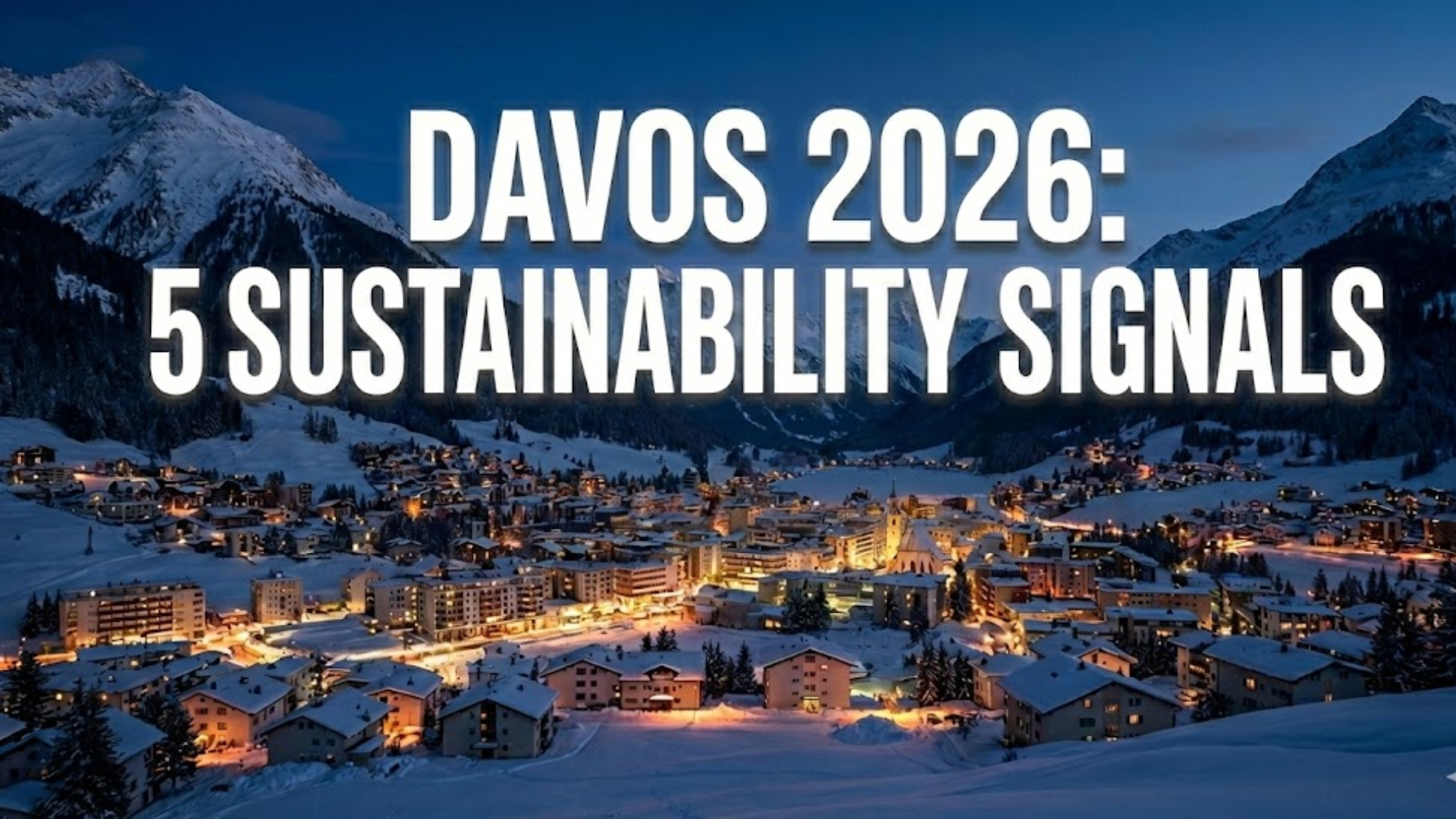

A new coalition emerged advocating for more accurate carbon accounting, just as the greenhouse protocol issued a new draft standard.
The EU Parliament rejects its own position on the Omnibus simplification package as trade pressure mounts to eliminate sustainability rules
New simplification measures proposed for the European Deforestation Regulation
Despite headwinds and hostility, sustainability disclosures hit new record
New framework for reporting inequality and social disclosures
This week, the Greenhouse Gas (GHG) Protocol released a draft of its new Scope 2 Guidance. Scope 2 is emissions from purchased energy, steam, and heat, and this is the first time the guidance for measuring it has been updated since it was published 10 years ago.
Most of the changes focus on market-based accounting (one of the two methods for measuring Scope 2 emissions, along with the location-based method). The current guidance allows companies to use power purchase agreements (PPA) that include renewable energy credits (RECs) to offset their emissions. The new draft proposes more stringent requirements and quality criteria.
These changes will impact tech companies as they race to expand AI data centers. Under the current standard, fossil fuel-powered data centers in Texas can buy energy from solar fields in California to offset emissions, even though the grids are not connected. Under the new guidance, RECs must be purchased in the same region within the same time period. This will increase their cost and jeopardize some companies' ambitious climate goals.
The GHG Protocol is hosting a webinar next week (October 27th) to share the changes in the new Scope 2 Guidance. And the 60-day comment period is open until December 19, 2025.
New threats from red-state Attorneys General
Just before the GHG Protocol issued its tightened Scope 2 guidance, a coalition of 16 U.S. state attorneys general, led by Montana, launched an investigation into Big Tech’s claims of being “100% powered by renewables,” arguing that the way RECs are currently used misleads consumers and threatens grid reliability.
New group driving for improved carbon accounting
For almost 30 years, the GHG Protocol has been the methodology used by the majority of companies to measure their carbon emissions (97% of the S&P 500 use it). More recently, the International Sustainability Standards (ISSB), the European Sustainability Reporting Standards (ESRS), and the new California climate reporting laws have required the use of the GHG Protocol for mandatory climate disclosure. And the recent announcement of a new partnership with ISO further reinforced clarity in the market around carbon accounting standards issued by the GHG Protocol.
Despite this history, a new group was launched this week called Carbon Measures. The coalition consists of 19 companies calling for a new carbon accounting framework, “committed to establishing a more accurate carbon accounting framework and driving market-based solutions to reduce emissions at the lowest cost.”
Former EY exec Amy Brachio, the CEO of Carbon Measures, said, “I’ve had a front-row seat helping businesses struggle with a system that’s been overly reliant on estimates and dependent on voluntary commitments and good intentions to drive market action. Carbon Measures wants to create a system that will unleash markets and competition, unlocking investment and accelerating the pace of emissions reduction."
Although not specifically mentioned by the new coalition, the e-Ledgers institute has been floating the development of a new standard for some time. Their approach - similar to the aim of the new coalition - is to focus on “product carbon footprint” (PCF) by aggregating the direct (Scope 1) emissions of all entities in the value chain and allocating them to products and services. There has been back and forth about which approach is best for years, but one thing made clear by friend of the newsletter, Bob Eccles, expending resources on such a conflict dilutes the end objective to decarbonize.
👉 Prefer to get Sustainability Simplified straight into your inbox instead of LinkedIn? Sign up to our email list here.
2. EU Parliament Rejects Omnibus Position

In an unexpected turn, the EU Parliament voted on Wednesday under a secret ballot to reject its “debating” position agreed to last week by the legal affairs committee (JURI).
The position would have reduced the scope of the Corporate Sustainability Reporting Directive (CSRD) by 90% and Corporate Sustainability Due Diligence Directive (CSDDD) by 70%, amongst other weakening provisions. This rejection reopens negotiations.
With all the confusion around the rapid changes coming out of Europe, I reached out to friend of the newsletter, Andreas Rasche, for a comment. Prof. Rasche, a recognized expert and frequent commenter on EU sustainability law, said:
“The decision to reject the mandate highlights the disorder that has marked the political negotiations. The [majority European People's Party] threats to side with the far right have undermined cooperation and trust among political partners. The result of the vote reflects this tactic - the so-called Omnibus compromise was never truly a compromise.
Now different options are possible: either the center alliance finds another deal, or [joins] with far-right parties. In the latter case, we can expect that the CSRD and CSDDD will be further watered down.”
Trade pressure mounts to weaken EU sustainability rules
The rejection in the EU Parliament comes amidst growing global pressure for the EU to limit its supply chain due diligence rules (CSDDD). An open letter from the US and Qatari Energy Secretaries suggested that the rule would have “unintended consequences for LNG export competitiveness and the availability of reliable, affordable energy for EU consumers,” and could impact the US-EU trade deal if the EU does not completely repeal the law or remove its extraterritorial and other provisions. QatarEnergy CEO and Minister of Energy Saad al-Kaabi said last week that Qatar would not be able to do business in the EU, including supplying Europe with LNG, unless more changes are made.
A European Commission spokesperson said it was discussing Washington's concerns in ongoing U.S.-EU trade talks and had agreed to ensure the corporate sustainability due diligence directive (CSDDD) does not hamper U.S.-EU trade. "We have not committed to change the CSDDD or grant U.S. companies more favourable treatment under this regulation or any EU regulation," the spokesperson added.
Notably, back in August, EU Central Bank Head Christine LaGarde stated that while Europe may aim to reduce certain regulatory burdens, it will maintain and strengthen its own rules, particularly to protect the financial system and enhance European autonomy.
3. Deforestation Rule Delayed For Small Companies

Last month, the EU announced that information technology issues were delaying the implementation of the Deforestation Regulation (EUDR) for another year. Following a backlash, they have now walked back the delay, replacing it with targeted simplifications.
The simplifications will focus on exemptions for micro-enterprises and small operators from countries with a low risk of deforestation. While large and medium-sized companies will still be required to comply with the rule, they will be given a six-month grace period. These updates are meant to shift the rule's focus to companies bringing products to the EU market and to relieve the burden on small-scale farmers.
Covered companies will be required to trace the origin of covered goods (leather, soy, coffee, cocoa, and others) being sold into the EU market and prove that they did not come from land deforested after 2020.
4. Another Record Year For Sustainability Reporting

The G&A (Governance and Accountability) Institute recently released its 14th annual research report on sustainability reporting trends. Despite regulatory uncertainty and political hostility, 2024 was a record year for sustainability reporting.
This annual report examines sustainability reporting trends for two major US stock indexes: The S&P 500 companies for more than 14 years, and lower capitalized companies in the Russell 1000 for more than 7 years. This year, 99% of the S&P 500 companies and 94% of Russell 1000 companies issued sustainability reports. Other trends included:
The Sustainability Accounting Standards Board (SASB) remains the most commonly used reporting framework, with 82% of companies aligning with it.
Taskforce on Climate-Related Financial Disclosures (TCFD)- alignment had the most growth, jumping 5 points to 65%.
For the first time, more than half (51%) of companies got external assurance.
This was the first year the report surveyed the application of the standards from the International Sustainability Standards Board (ISSB), Taskforce on Nature-related Financial Disclosures (TNFD), and the European Sustainability Reporting Standards (ESRS), with 17%, 6%, and 9% alignment, respectively.
Hank Boerner, G&A’s Chairman and Co-Founder, said, “Despite the anti-ESG pushback in some quarters, Corporate America continues to innovate and push forward with more detailed and informative reporting on a widening range of topics.”
5. What is a TISFD?

First, there was the Taskforce on Climate-related Financial Disclosures (TCFD), then the Taskforce on Nature-related Financial Disclosures (TNFD). This week, the Taskforce on Inequality and Social-related Financial Disclosures (TISFD) released its first discussion paper.
The TISFD was launched in September last year, and this Conceptual Foundations Discussion Paper is their first release. It sets out key terms, definitions, and concepts to help stakeholders report and understand social and inequality-related issues. This paper will form the basis of a disclosure framework in 2026, which will be put out for public comment and finalized before the end of the year. TISFD’s executive director, Simon Rawson, released a short Q&A explaining what the Discussion Paper is and the process going forward.
The views expressed on this website/weblog are mine alone and do not necessarily reflect the views of my employer.
Other Notable News:
Global Weirding
Sustainability Reporting
Energy Transition
Banking
Decarbonization
Climate Litigation
Notable Podcasts:
In this week’s edition of the Outrage and Optimism podcast, the fourth in their COP30 series, they discuss the “New World Order.” They are referring to the rise of China and BRICS countries, their focus on clean tech and renewable energy, and the US retreat from multilateralism and climate action.
This week’s episode of Bloomberg’s Zero podcast features an interview with a climate tech investor to discuss what climate investments make sense today. This conversation with Shayle Kann focused on which climate technologies are working and which are going nowhere.







